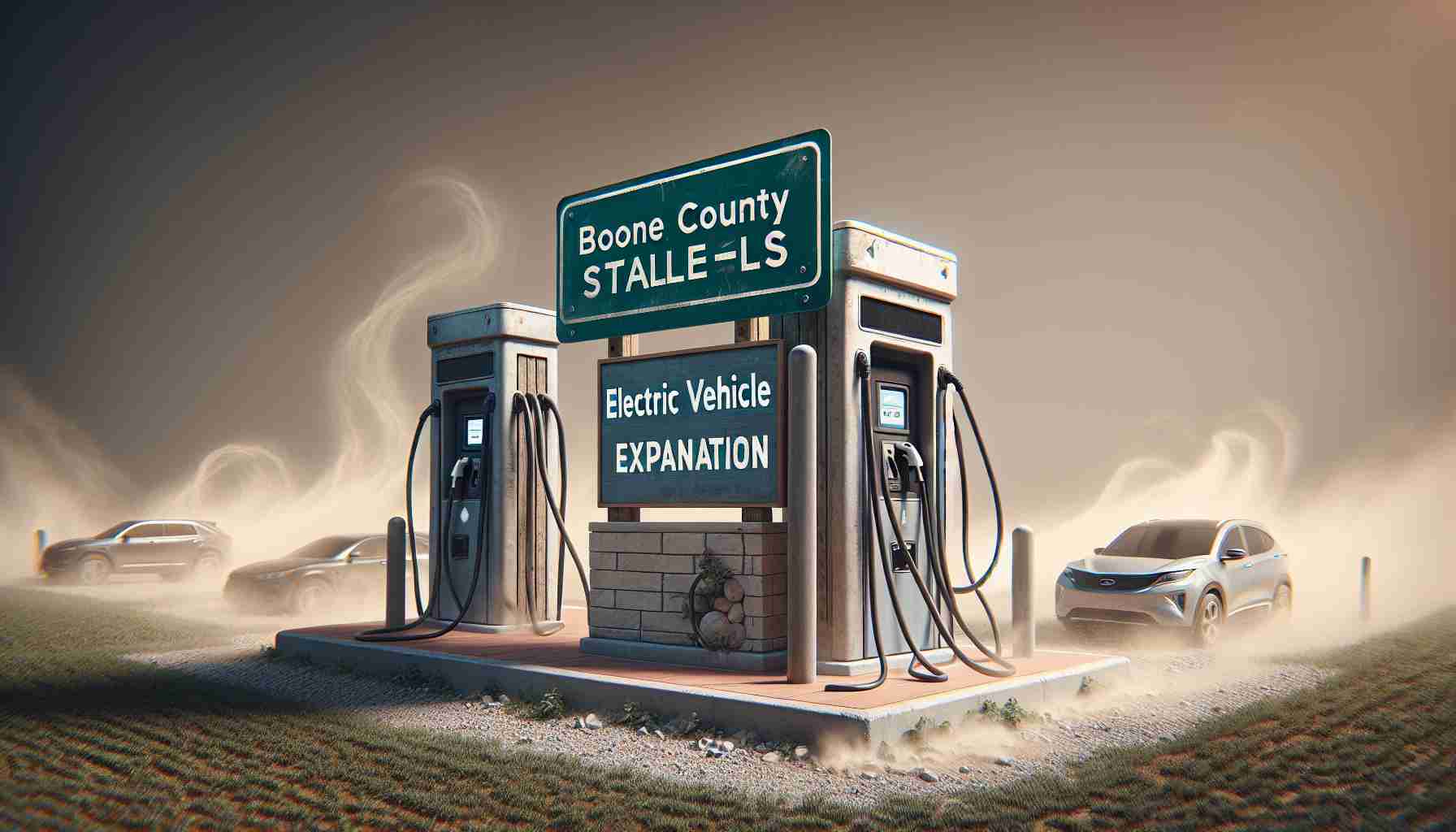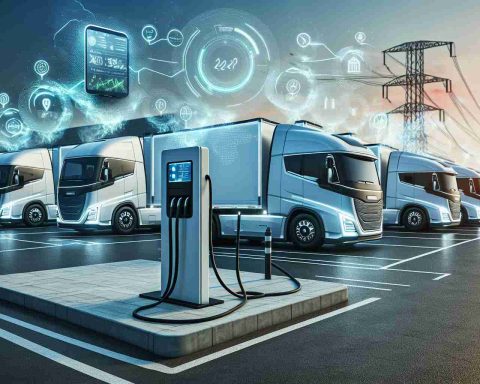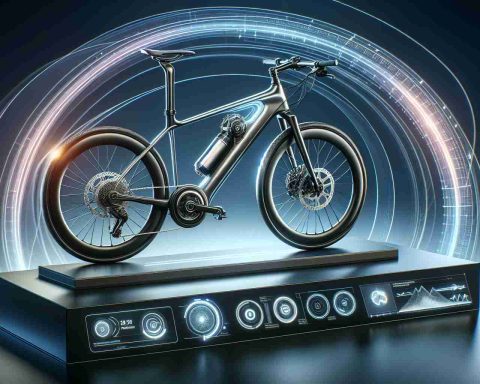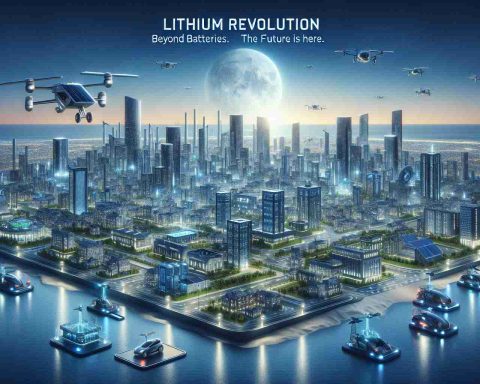Controversy Erupts Over Electric Vehicle Infrastructure
In a surprising turn of events, the Boone County Fiscal Court has decisively rejected plans to establish electric vehicle (EV) charging stations in the area. The court voted unanimously against forming an agreement with the Kentucky Transportation Cabinet to initiate the design of new charging points, which has raised eyebrows and sparked debate.
The backdrop to this decision lies in the federal designation of Boone County as a “charging station desert,” highlighting the lack of electrified infrastructure to support the growing number of electric vehicles. The proposal, which aimed to utilize federal grant money to develop nine charging stations at an estimated cost of approximately $400,000, has been firmly turned down.
Opposing the project, Commissioner Jesse Brewer voiced concerns echoed by many constituents. He emphasized the belief among residents that the government should not engage in ventures typically left to the private sector, stating it’s inappropriate for the government to compete with businesses in the energy market. Brewer’s stance reflects a sentiment that government should limit its role in citizens’ lives.
Meanwhile, Judge Executive Gary Moore had previously supported the initiative, suggesting failure to adopt it could jeopardize future funding opportunities from the Ohio-Kentucky-Indiana Regional Council of Governments. Despite this, Brewer is confident that similar proposals will continue to arise, even as EV adoption in Boone County remains slow. As the push for eco-friendly transportation intensifies nationally, Boone County stands at a crossroads.
Boone County’s Electric Vehicle Plans: What You Need to Know
Understanding the Boone County Decision
The recent decision by the Boone County Fiscal Court to reject a proposal for electric vehicle (EV) charging stations has stirred significant discussion in the region. While the rejection was unanimous, it arises amidst increasing national attention on enhancing electrified transport infrastructure.
Key Insights on Electric Vehicle Trends
1. Charging Station Infrastructure: Boone County was designated as a “charging station desert,” indicating a critical gap in EV charging infrastructure. This is particularly concerning as the U.S. sees a rising number of EV sales, projected to reach 20 million by 2028, necessitating robust charging networks.
2. Financial Implications: The proposal intended to utilize federal grant money totaling around $400,000 for the installation of nine charging stations. With this funding opportunity now lost, Boone County may miss out on vital federal resources aimed at supporting green energy infrastructure.
3. Public Sentiment vs. Government Involvement: The dissenting opinion voiced by Commissioner Jesse Brewer reflects a larger nationwide debate: Should government bodies intervene in sectors predominantly occupied by private enterprises? Many residents resonate with Brewer’s perspective, advocating for a limited governmental role to foster private sector growth.
4. Environmental Considerations: As cities across the U.S. are focusing on sustainability, Boone County’s decision raises concerns about its longer-term environmental strategies. The current administration may need to reassess its position as public interest in eco-friendly transportation options continues to rise.
Pros and Cons of the Rejection
# Pros:
– Limited Government Overreach: Supports the idea that government should not compete with private businesses.
– Potential for Local Business Growth: The decision may pave the way for private companies to fill the EV infrastructure gap without government interference.
# Cons:
– Lack of Infrastructure Development: The rejection leaves Boone County without essential EV provisions, falling behind other progressive regions.
– Missed Federal Funding: By declining the proposal, the county forfeits crucial federal support aimed at promoting green energy initiatives.
Future Outlook and Use Cases
The national trend towards electric vehicles is undeniable, with forecasts indicating that by 2030, EVs will make up a significant portion of new vehicle sales. As the demand for EVs grows, so will the necessity for appropriate charging infrastructure. Boone County will need to reevaluate its approach to accommodate this trend, or risk being left behind in the EV revolution.
Conclusion
Boone County’s recent decision regarding the electric vehicle charging infrastructure highlights a critical intersection between government policy and the push for sustainable transportation. As the dialogue surrounding government roles in energy and transportation continues, stakeholders will need to collaboratively explore solutions that align with both public sentiment and technological advancements.
For more insights on electric vehicle trends and infrastructure, visit Energy.gov for updates and resources.


















